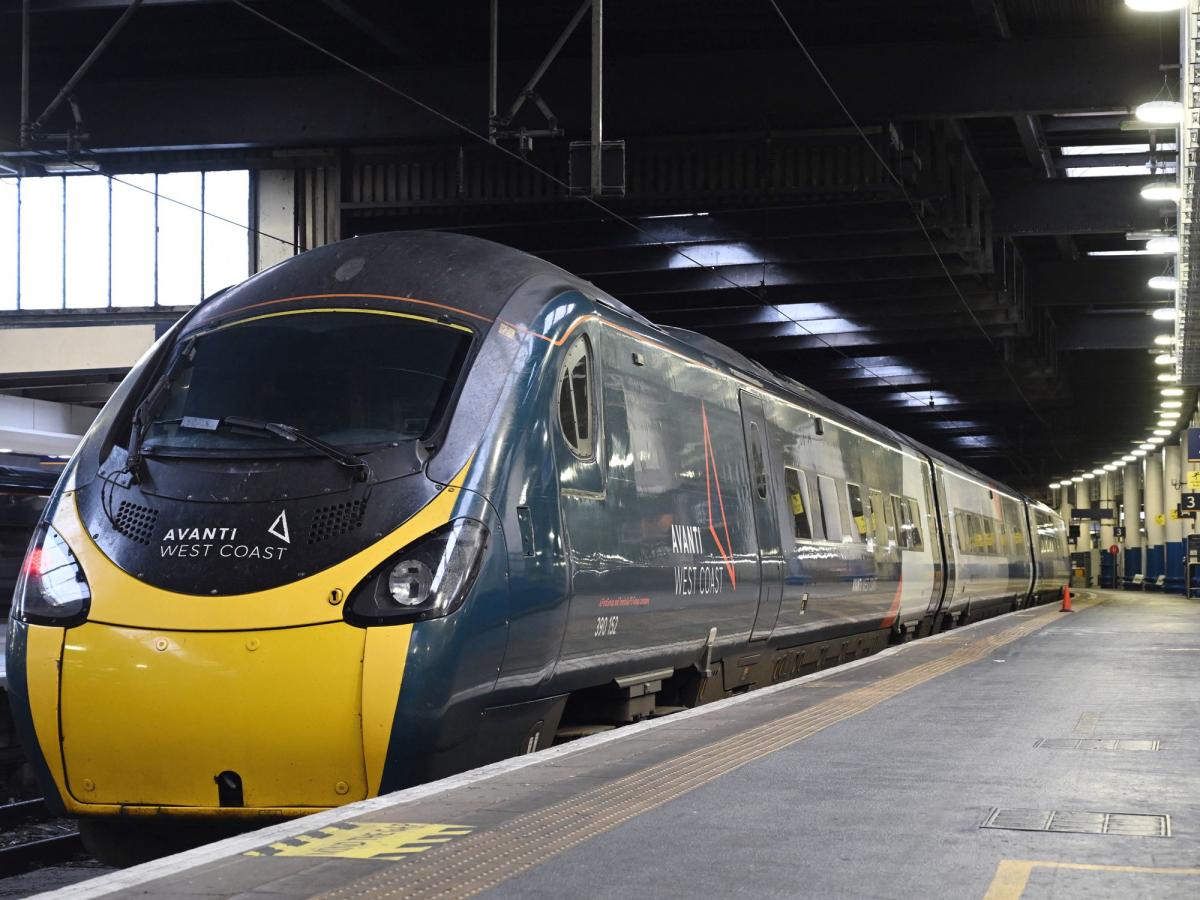
(Bloomberg) —
Most Read from Bloomberg
The UK government handed struggling rail operator Avanti a six-month lifeline, resisting pressure to take the vital West Coast route under state control following months of disruption.
Avanti can go on operating the network linking London with Birmingham, Manchester, Liverpool and Glasgow until April 1 at least, even after it scrapped thousands of services amid a driver shortage, the Department for Transport said Friday.
The decision will come as a relief to Avanti, which is owned by FirstGroup Plc and Trenitalia of Italy, after the government said it would consider nationalizing the West Coast network. However, the DfT said Avanti had been placed on a short-term contract as a last chance to deliver an urgently needed increase in the frequency of trains.
“This window is designed to provide Avanti with the opportunity to improve their services,” the department said. “The government will then consider Avanti’s performance while finalizing a national rail contract that will have a renewed focus on resilience of train services and continuity for passengers.”
Read More: When Are the UK’s Next Train Strikes?
Train frequencies between London and Manchester have been slashed to just one an hour as a result of a lack of drivers, which Avanti has suggested is largely due to employees refusing to work overtime as part of a wider nationwide dispute over pay and job security on the UK railway.
Avanti’s operating model relied on drivers working on some rest days, and since July 30 they have largely refused to do so. The Aslef train drivers’ union says that model has been in place on the West Coast route for 20 years and needs changing. Timetable cuts have led to overcrowding and delays, with the release of tickets days before the date of travel pushing up fares.
A transport minister said in July that the fact that the East Coast line, already under state direction, was operating effectively and with lower fares would be taken into consideration when deciding the response to the West Coast upheaval.
Still, taking Britain’s busiest intercity rail route under state control would have been a bold step for new Prime Minister Liz Truss after the Conservative government previously resisted pressure to renationalize the network, opting instead to replace franchising deals with simpler contracts as part of the biggest shakeup since privatization in the 1990s.
Most Read from Bloomberg Businessweek
©2022 Bloomberg L.P.




